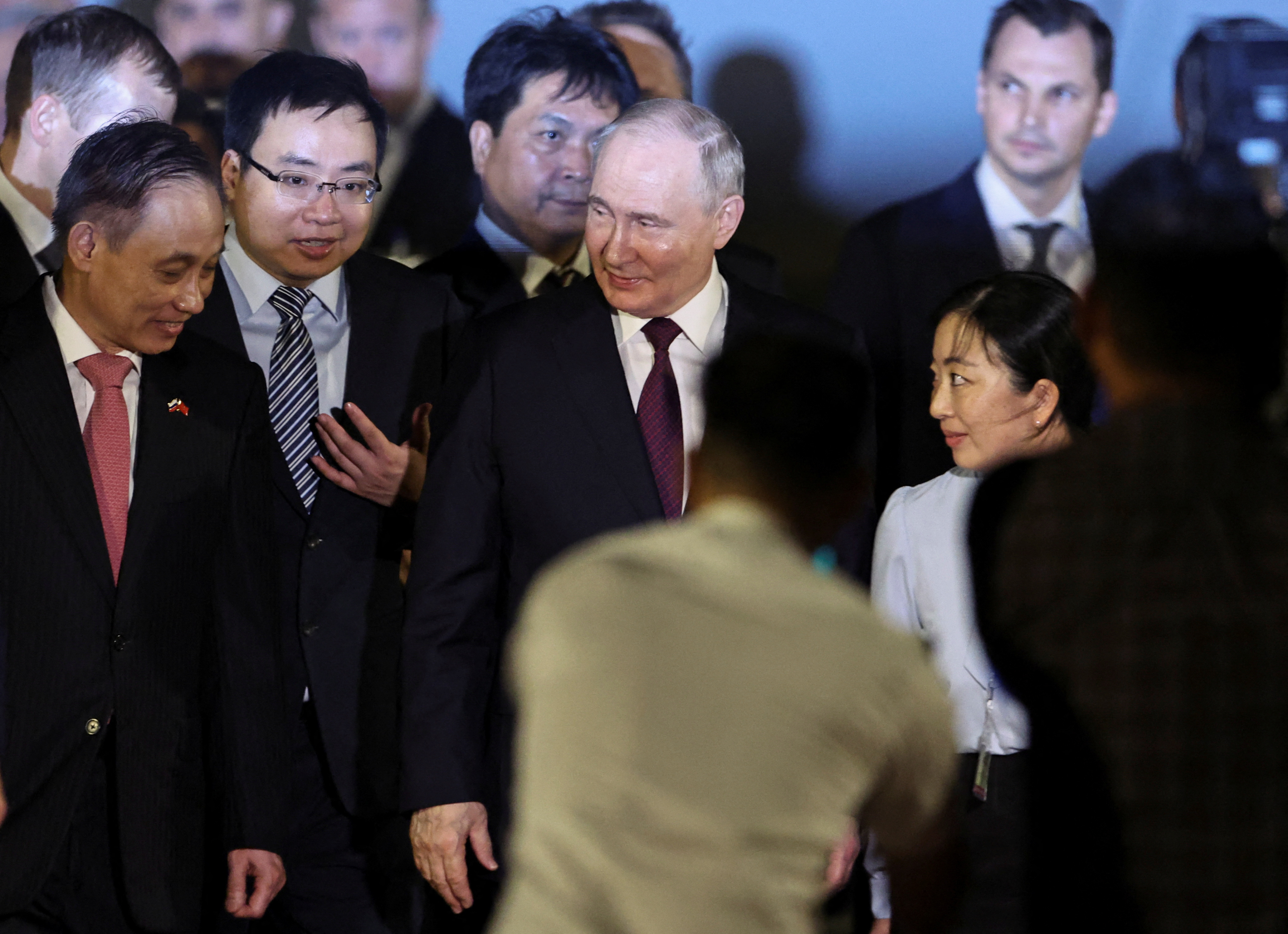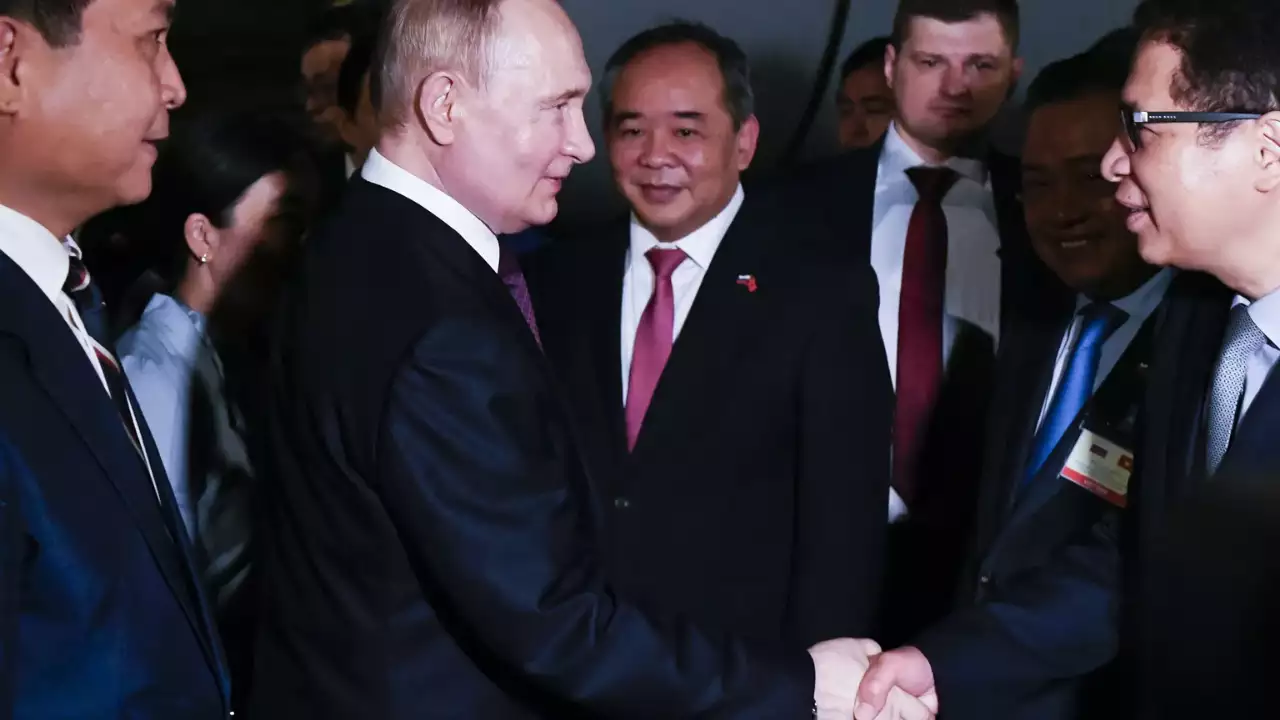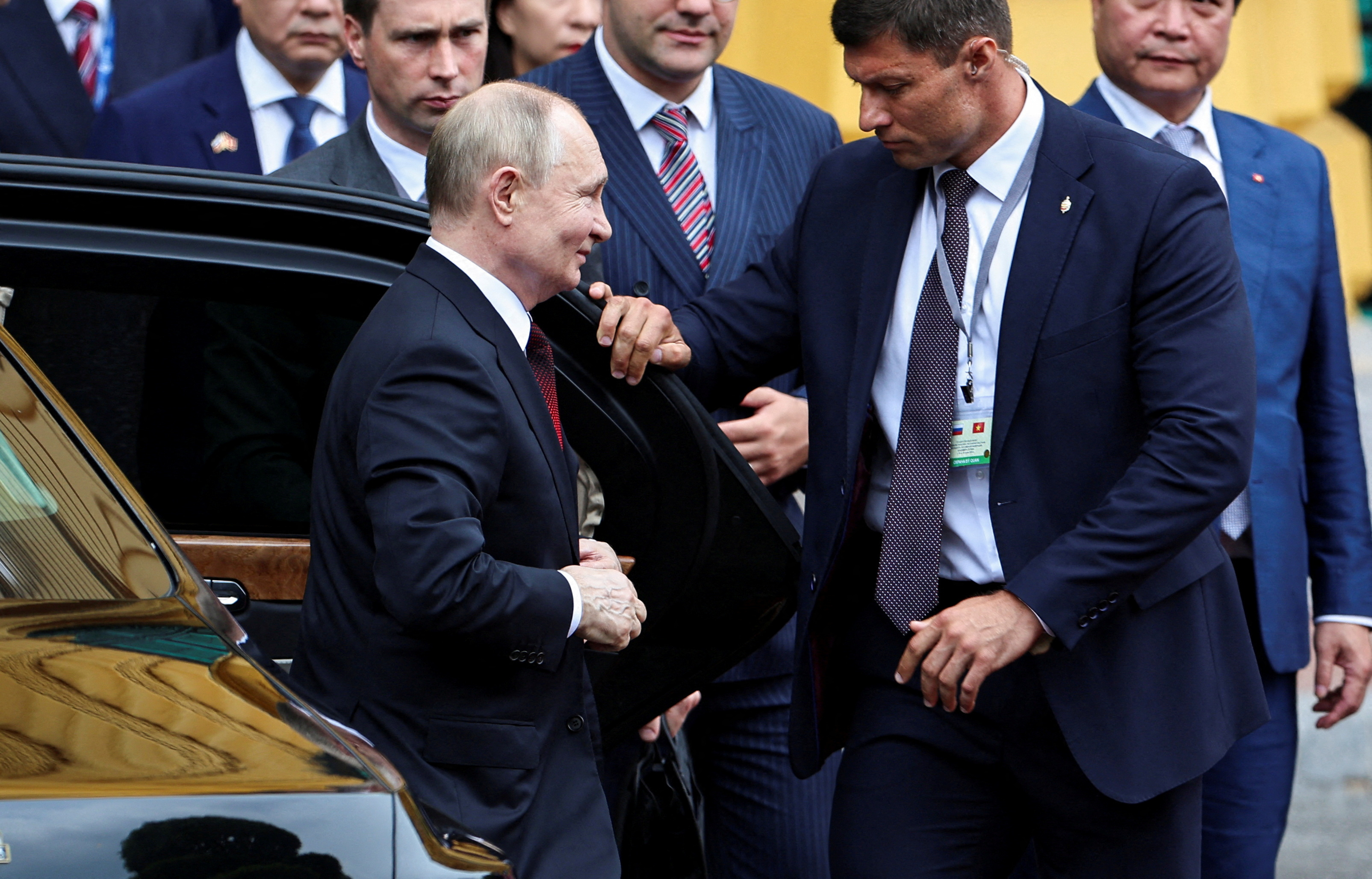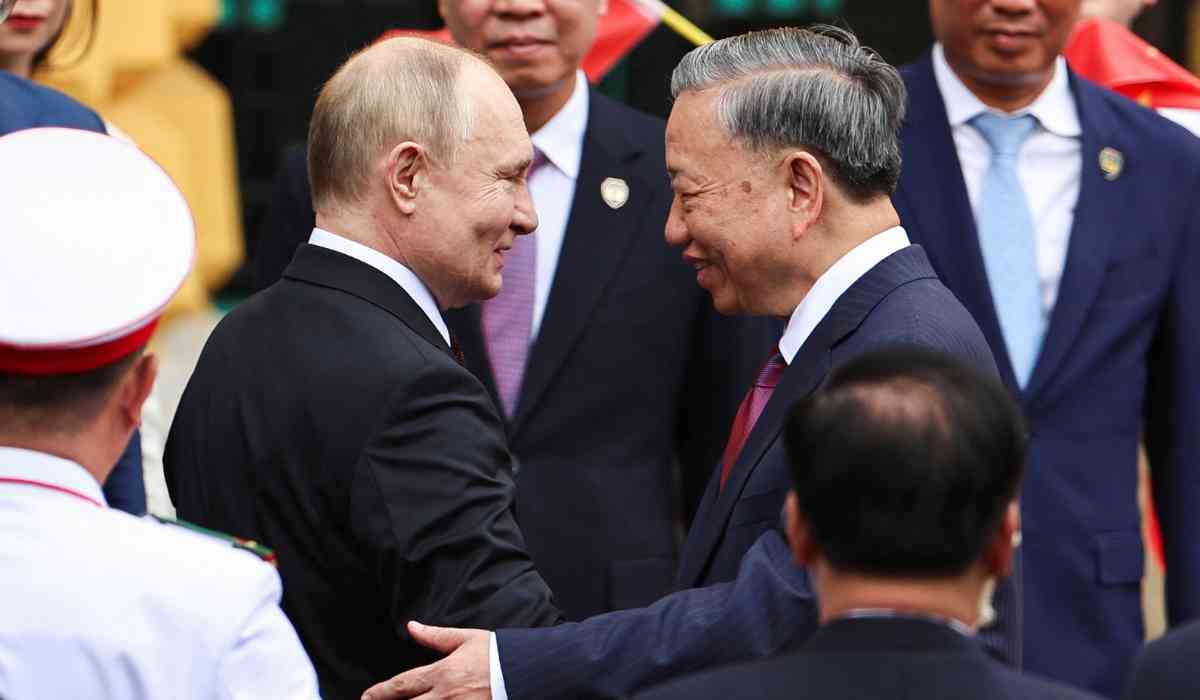Russian President Vladimir Putin recently embarked on a significant two-nation tour of Asia, marking his first visits to North Korea and Vietnam in several years.
This diplomatic journey has attracted substantial international attention, particularly from the United States, due to the strategic implications and deepening ties between Russia, North Korea, and Vietnam.

Historic Visit to North Korea
-
Strategic Partnership with Kim Jong Un
During his visit to North Korea, Putin met with Supreme Leader Kim Jong Un, resulting in a landmark strategic treaty. This agreement includes a mutual pledge for both nations to support each other if attacked. The visit, Putin's first to North Korea in 24 years, underscored the deepening ties between the two nations, particularly in the context of their shared opposition to Western sanctions.
-
Concerns Over Military Cooperation
The United States and its allies have expressed significant concern over this deepening relationship. Accusations have been made that North Korea is supplying Russia with ammunition and missiles for its ongoing war in Ukraine. Putin's statement about not ruling out "military-technical cooperation" with Pyongyang has further fueled fears of increased arms deliveries from North Korea to Russia.
-
International Reactions
The US State Department has voiced its disapproval of the growing ties between Russia and North Korea, labeling them "of great concern." Additionally, Mykhailo Podolyak, a senior aide to Ukraine's President Volodymyr Zelensky, accused North Korea of aiding Russia's "mass murder of Ukrainians," calling for greater international isolation of both countries.

Read here for more: Putin Arrives In North Korea After 24 Years, Receives Warm Welcome
Diplomatic Engagement in Vietnam
-
Arrival in Hanoi
Following his visit to North Korea, Putin arrived in Vietnam, marking his first visit to the country since 2017. He was greeted at the Hanoi airport by Vietnamese Deputy Prime Minister Tran Hong Ha and top party diplomat Le Hoai Trung. The visit aimed to bolster economic ties and demonstrate that Western isolation has not significantly impacted Russia.
-
US Displeasure and Vietnamese Diplomacy
The United States expressed displeasure with Vietnam's decision to host Putin. A spokesperson for the US Embassy in Hanoi criticized the trip, stating, "No country should give Putin a platform to promote his war of aggression." Despite this, Vietnam's policy of non-alignment and its historical ties with Moscow made it a strategic choice for Putin's visit.
-
Key Meetings and Agenda
During his two-day visit, Putin met with key Vietnamese leaders, including Communist Party General Secretary Nguyen Phu Trong and new President To Lam. Discussions focused on strengthening economic, educational, and energy cooperation. Additionally, the leaders were expected to address Ukraine and defense cooperation, reflecting the deep historical ties between the two nations.
-
Strengthening Bilateral Relations
Vietnam's Ambassador to Russia, Dang Minh Koi, highlighted that the visit would strengthen Hanoi-Moscow ties and provide an opportunity to discuss concrete measures to boost bilateral trade and economic cooperation. A joint statement and several agreements were expected to be announced, covering various sectors such as trade, economic, scientific, technological, and humanitarian areas.

Vietnam’s Balancing Act
-
Historical Ties and Modern Challenges
Vietnam and Russia have maintained strong ties since the 1950s, with Moscow being a significant arms supplier to Hanoi for decades. However, since Russia's invasion of Ukraine, Vietnam has ceased "big ticket" military purchases due to the threat of US sanctions.
-
Non-Aligned Foreign Policy
Vietnam's foreign policy of diversification and autonomy allows it to maintain friendly relations with major powers, including the US, China, and Russia. This approach enables Vietnam to navigate complex international dynamics without being overly aligned with any single power. Vietnam's hosting of both US President Joe Biden and Chinese President Xi Jinping last year underscores its diplomatic balancing act.
-
Potential Risks and Rewards
While hosting Putin may risk disappointing the US and its allies, Vietnam's leadership aims to show that it will not sacrifice its ties with one power to meet the expectations of others. This strategy of maintaining autonomy and diversification is crucial for Vietnam's economic and security interests.
Putin's visits to North Korea and Vietnam highlight his efforts to strengthen alliances and counter Western isolation. The strategic partnership with North Korea and the bolstering of ties with Vietnam reflect Russia's ongoing attempts to forge new alliances and assert its influence on the global stage. As these relationships deepen, the international community will closely watch the implications for regional and global stability.
With inputs from agencies
Image Source: Multiple agencies
© Copyright 2024. All Rights Reserved Powered by Vygr Media.
























